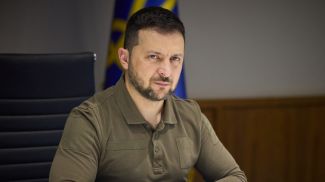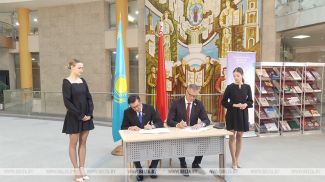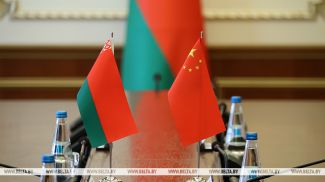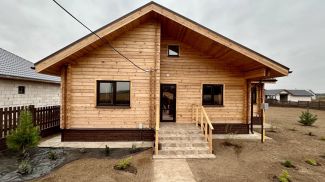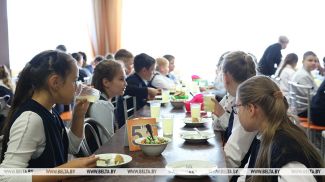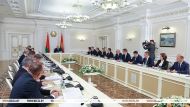MINSK, 28 September (BelTA) - Islamabad views Minsk as a future strategic partner, Executive Director of the Center for Global and Strategic Studies of Pakistan Khalid Taimur Akram told reporters today during the roundtable "Belarus & Pakistan: Prospects of Mutual Cooperation in the Post-Covid World: A View from Minsk and Islambad" at the Belarusian Institute for Strategic Studies (BISS), BelTA has learned.
Cooperation between Belarus and Pakistan has a very long history. "It began before Belarus gained independence, in the early 1980s when the USSR supplied Belarus tractors to Pakistan. Today, our countries have a significant potential for cooperation in various fields, including military and economic ones. We opened our embassy in your country in 2015, and the cooperation has been growing quite rapidly ever since. For example, the trade between Pakistan and Belarus has recently increased by $15 million, export from Pakistan - by $15.1 million. Belarus exports tractors and food, and Pakistan exports rice, fruits and other goods. In the future, Pakistan intends to focus on industrial cooperation with Belarus," Khalid Taimur Akram said.
"Belarusian President Aleksandr Lukashenko met with Pakistan Prime Minister Imran Khan on the sidelines of the SCO summit in Dushanbe. In Pakistan, the Belarusian president is regarded as a very experienced leader, and we believe that he is one of the strongest leaders in the region. In Pakistan, Belarus is viewed as a future strategic partner. We believe that your president can spearhead the effort to further strengthen the cooperation,” Khalid Taimur Akram emphasized.
According to him, Belarus and Pakistan can unite the Eurasian region "since Belarus is located in the western part of Eurasia, and Pakistan - in the southern part of Asia." "As an expert, I can say that our countries have a great potential for cooperation and can achieve a lot," Khalid Taimur Akram said.
"If we talk about Belarusian-Pakistani cooperation in the post-Covid era, it should be noted that during the pandemic the world began to move from globalization to regionalization. Last year, our trade with Europe and America was practically in hold for four months. Therefore, Pakistan decided to redirect trade to the countries of the Eurasian region in order to avoid such shocks in the event of another crisis," he added.
Belarus is one of such countries for Pakistan. "You handled the pandemic perfectly, with no lockdowns. Your president made the right decision in this regard," Khalid Taimur Akram added.
"Today is the first roundtable in the history of BISS with our Pakistani partners - the Center for Geopolitical and Strategic Studies. If we are talking about Pakistan and Asia in general, it is worth mentioning our project ‘pivot to Asia'. We are talking about a national strategy that should be based on a number of conceptual principles. One of them is the diversification of foreign trade. The basis of our ‘pivot to Asia' strategy is, of course, relations with China. But this is only one big country while Asia is huge. So we believe that the ‘pivot to Asia' should be based on regional country diversification. In each subregion, we should have at least several anchor points," BISS analyst Yuri Yarmolinsky said.
He drew attention to the fact that for Belarus Pakistan is one of gateways to South Asia. "Pakistan is quite a promising country. It is an industrial state with a well-developed multi-tier economy. If you look at the structure of Pakistan's foreign trade, its import is quite complementary with our export. It means we can complement each other in the industrial sector and agriculture. It is this complementarity of our economies that presents a huge niche and great cooperation opportunities,” Yuri Yarmolinsky noted.





